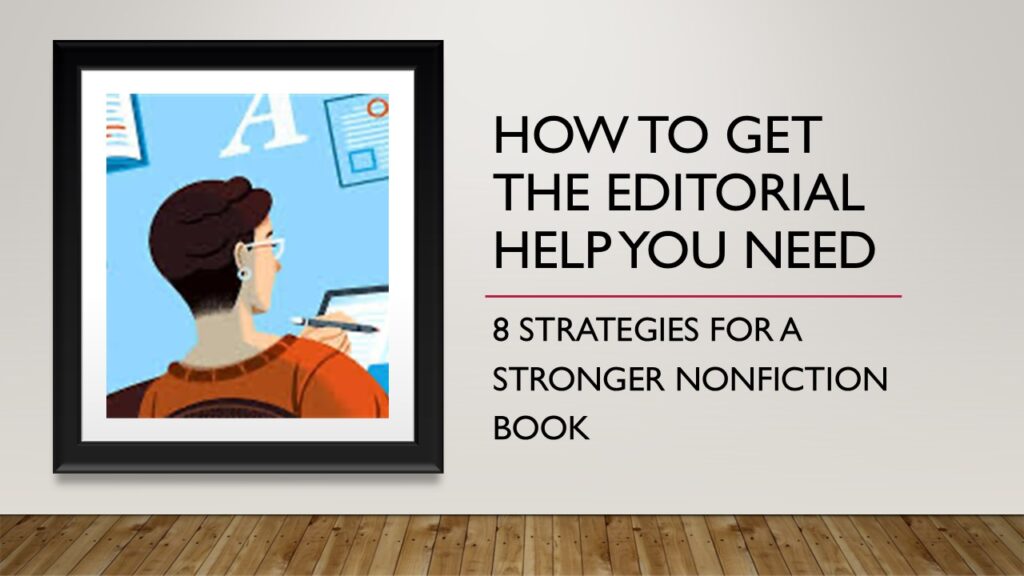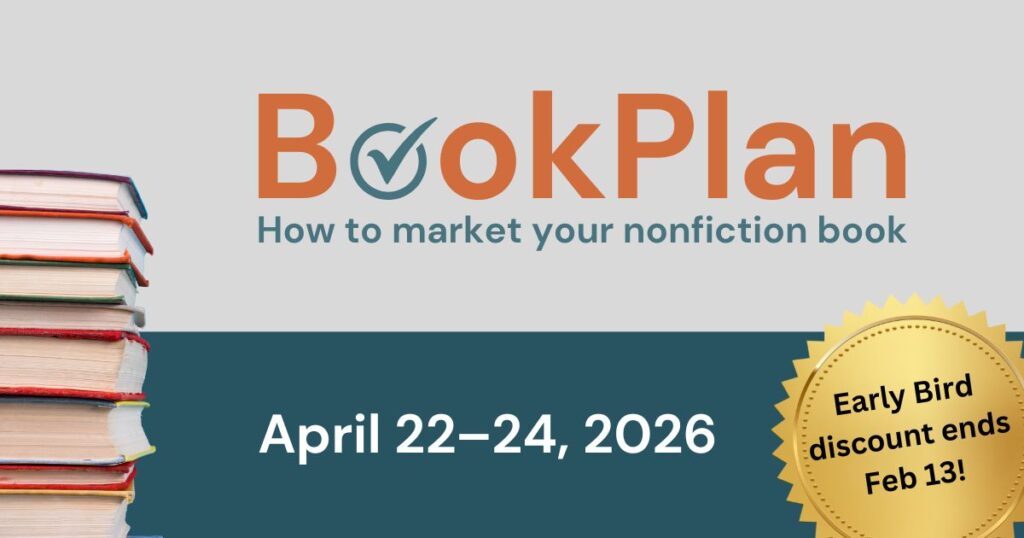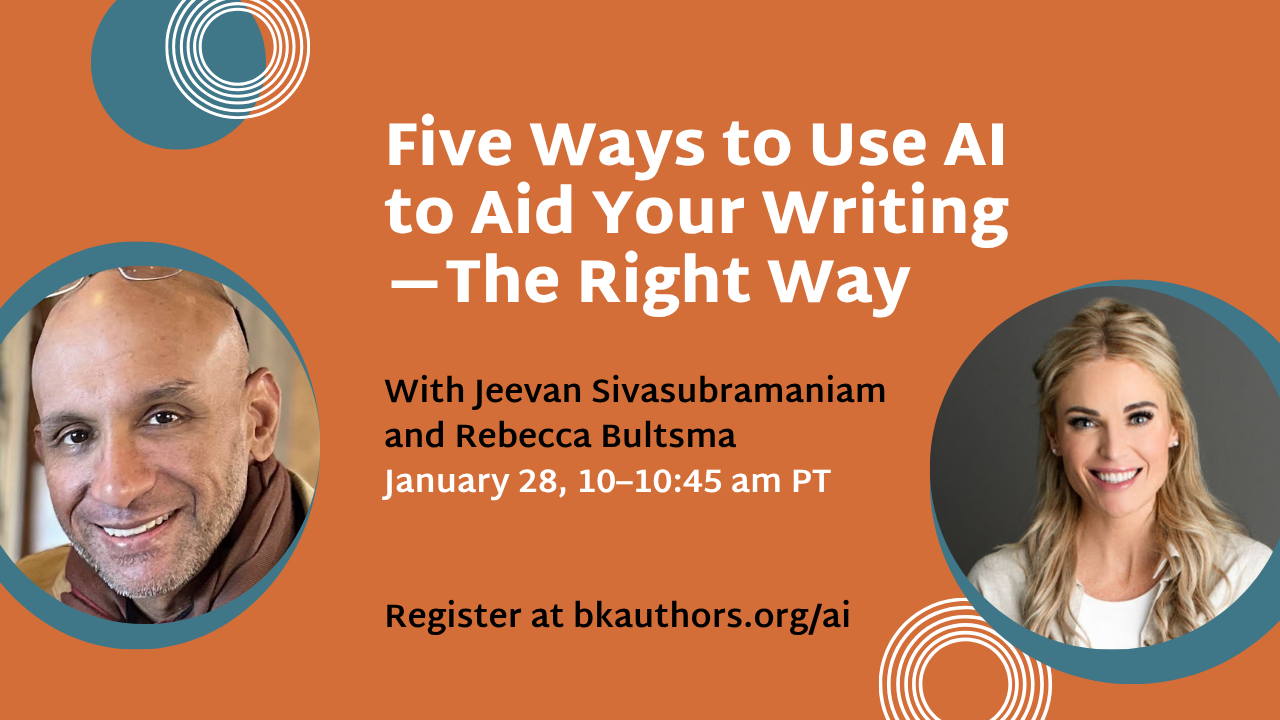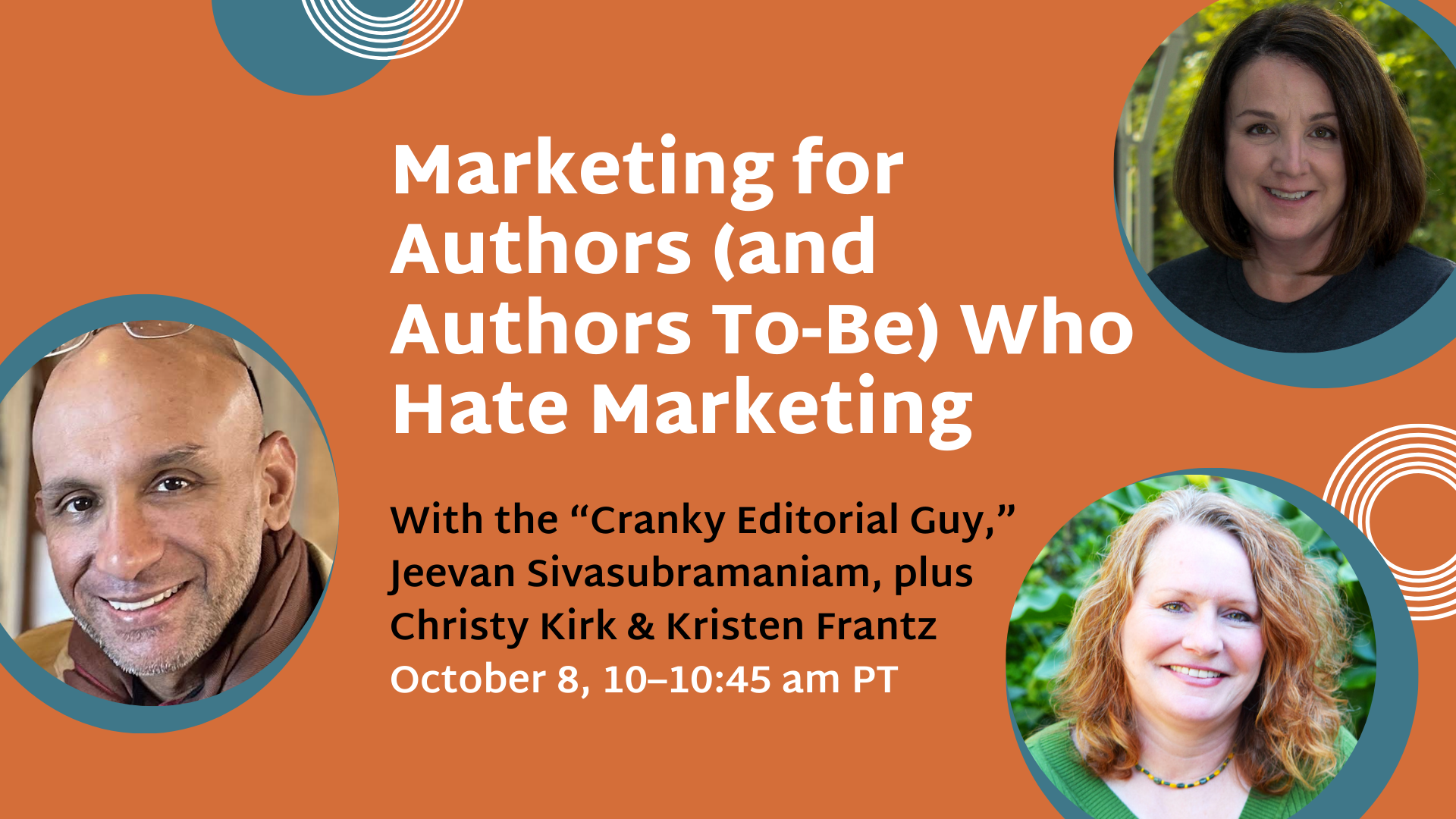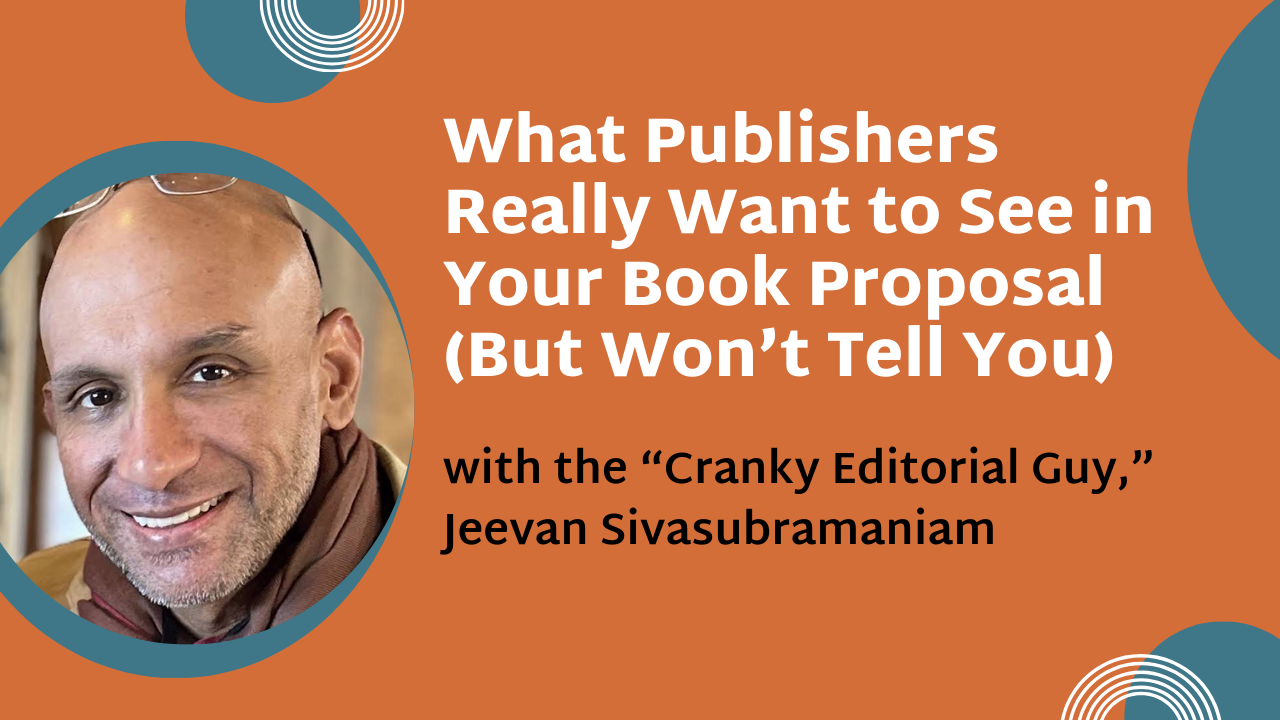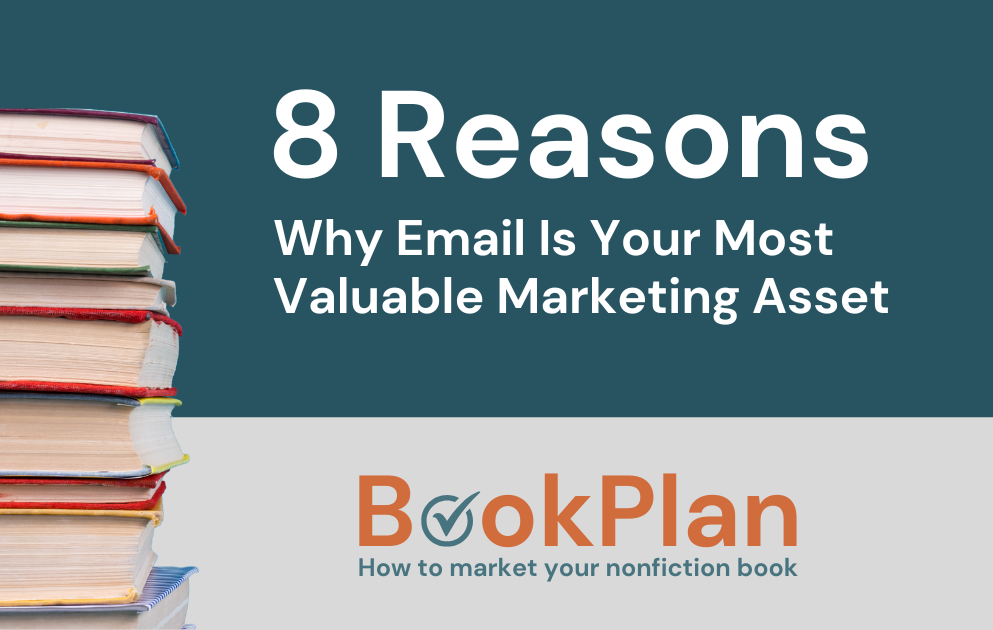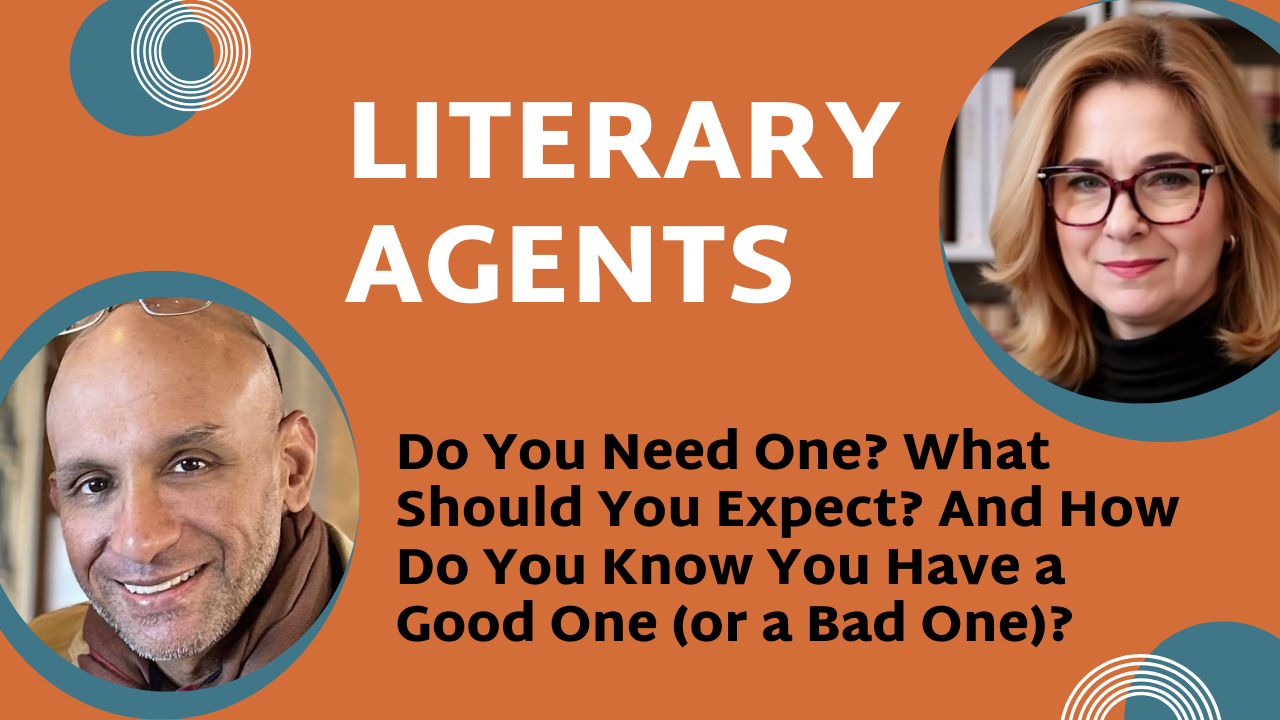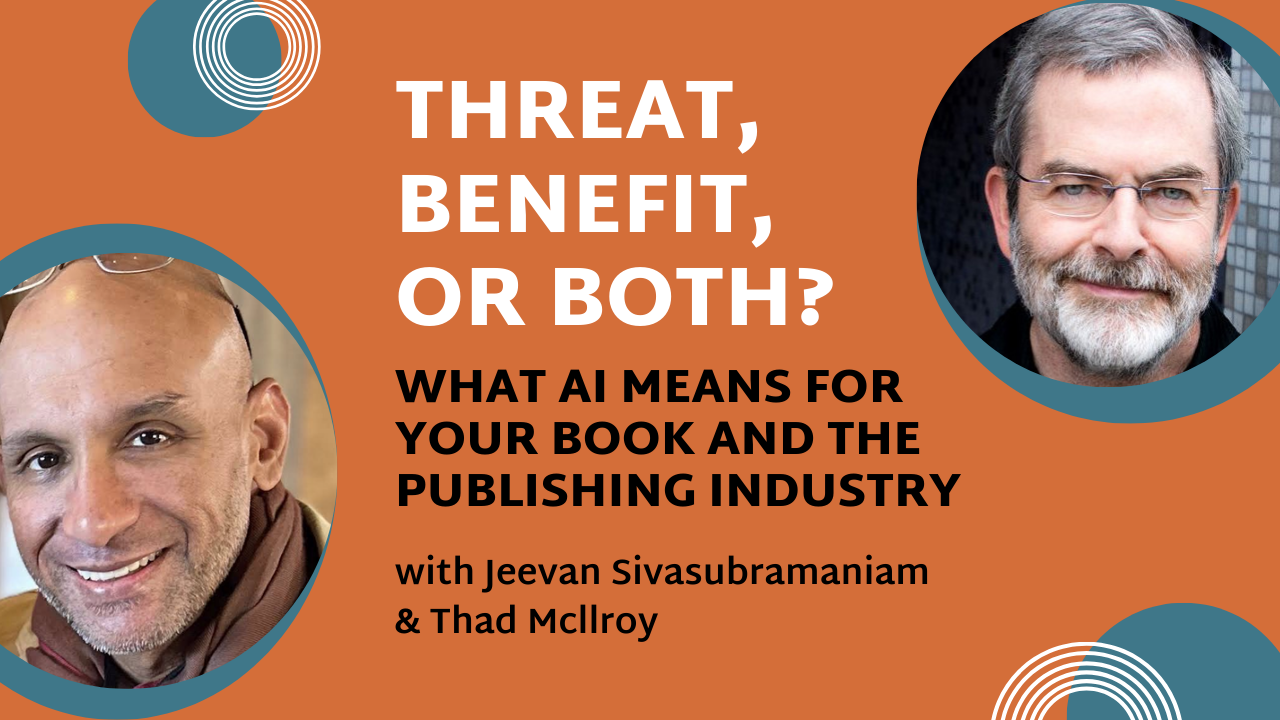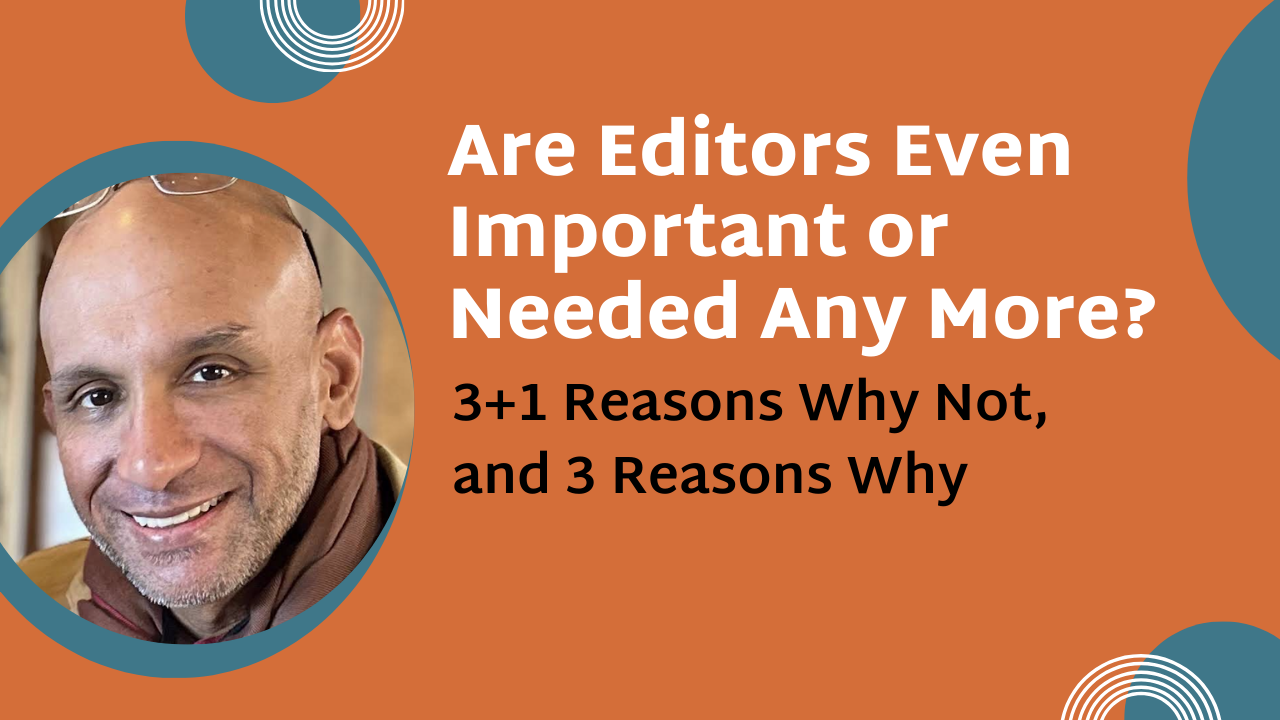Watch the replay of our webinar held on November 12, 2025:
Jeevan Sivasubramaniam is the VP of Editorial at Berrett-Koehler. He has been in publishing for thirty years in acquisitions and administration and has worked with over 700 authors and books.
Key Takeaways
- Authors need to discard their ego and recognize that their knowledge alone doesn’t make a good book
- Research existing books on your topic to find what they’ve missed and identify your unique contribution
- Test your ideas through articles, blog posts, and social media before committing to a full book
- Don’t try to convert workshops, classes, or theses directly into books without significant restructuring
- Work with an editor to develop your book rather than writing the entire manuscript first
- Seek objective feedback from people outside your immediate circle who will challenge your thinking
- Structure feedback requests with specific questions that guide reviewers toward constructive criticism
- Advocate for an editor whose working style matches your needs and preferences
Detailed Summary
1. Discard your ego
Your authority makes you both the best and least qualified to write your book.
Your knowledge alone does not make a good book. You may have subject-matter expertise, but you don’t have expertise in shaping that subject matter into a good book.
2. Figure out what’s REALLY new about your book
There are likely already 101 books out there on your topic. Just saying something is your approach means little. So, what means a lot? When you say, “This is what the 101 other books on the topic missed.”
3. Let others figure out your approach.
Companies, organizations, advertisers, governments, and lawyers all use “focus groups” – Why don’t authors?
Many famous books, including “Silent Spring,” “Black Hawk Down,” and “Fast Food Nation,” began as articles that received significant attention. From there, building their ideas into a book was the natural next step.
4. A workshop or class is not a book (neither is your graduate thesis)
Classes and workshops are immersive experiences. They’re interactive, and can have the time to dive deep into various sub-topics. But a book has to keep readers’ attention and has to be more compact.
Don’t just submit your thesis to a publisher. All nonfiction publishers receive at least 10 graduate theses a week. Authors try to hide it, but editors can always tell. Theses do not make good reading. They’re written in a manner and structure opposite to what makes a good, compelling trade book.
Extra hint: Don’t use the word “appendix” to add material at the end of your book. Nobody wants to read an appendix. Call it “Resources” or “Guide sheets” or something.
5. Don’t write out the whole thing first
Instead of writing out the whole manuscript, write a proposal, a sample chapter, and a detailed outline, and then shop that around to publishers. Once you find a publisher, their editor will work with you to refine the focus, structure, and scope of the work to best match the audience and market.
If you write the whole book first, the best case scenario is that you’ll need to re-write huge chunks of the work and re-work other areas. Worst-case scenario is that you’ll need to re-do the whole thing from the ground up and will realize you’ve wasted six to twelve months of labor.
Even famous books like The Seven Habits of Highly Successful People or A Brief History of Time had to be significantly reworked and rewritten in the editing question.
in 30 years of experience, Jeevan has never seen a complete manuscript that was ready for publication without significant revision.
6. Don’t ask colleagues, family, and friends what they think
Great feedback won’t come from people who think the same way you do. They have your same blind spots and assumptions. They also don’t want to offend you or discourage you.
Instead, go show your work to someone you don’t agree with (but respect). Find people who bring fresh perspectives and who aren’t afraid to tell you their honest thoughts.
7. When asking for feedback, use guiding questions that actually help you
Everyone’s a critic. But make them productive critics by phrasing your feedback questions in ways that work for you.
In addition to asking “What seems unnecessary,” ask “What would be useful here instead?”
If they think a chapter doesn’t work, ask, “Which chapter DID work, and why?”
Berrett-Koehler Publishers has a set of feedback questions that we send to our reviewers. See below for this list.
8. Ask for the editor you want
Some authors want a lot of hand-holding and weekly check-ins. Other authors want to be left alone. Some authors want an editor who will give it to them hard. Some want an editor who will dress feedback up with tact. Convey your personality to your publishing company and request the editor that best fits your needs.
Publishers may not be able to give you what you want. But authors also don’t do a good job of asking.
When you meet an editor that syncs well with you, you will know. And authors will often follow their editors around between publishing houses. Many successful author-editor relationships have lasted for decades, such as Robert Caro and Robert Gottlieb (50 years), Doris Kearns Goodwin and Alice Mayhew (45 years), and Malcolm Gladwell and Jeff Chandler (25 years).
The right editor is not just a help, but a writing partner for life.
Q&A
Would a university press be better for something like a thesis?
Jeevan: Absolutely. University presses regularly publish academic works, but authors should consider the trade-offs. University press books typically start at $50 or more, making them less accessible to general audiences, and they won’t be found in mainstream bookstores.
I hear Jeevan’s point that it is challenging/discouraged to turn a workshop or class into a book, but what about turning a book into a workshop or class?
Jeevan: Absolutely do that. It’s always easier to take something compact and spread it wider than to take something wider and make it compact.
How do you respond to developmental editors who say they need to see the larger manuscript in order to give solid feedback? Is it about starting with a detailed outline but holding off on writing the actual text?
Jeevan: Developmental editors are structural engineers who often want to see everything. Some prefer to work on the larger book, while others will help build the outline. Ask them if they would be willing to build an outline with you that you can then write from, and then they can help you refine it.
Why do editors rewrite the book: for clarity of ideas or for marketing?
Jeevan: Both. Editors aim to make content simple without being simplistic, ensuring that knowledge is portable and that readers can carry it in their minds. They also shape the work to have marketing appeal, making the core premise concise, cutting, and powerful.
What has been your experience using ChatGPT as a developmental and/or line editing resource?
Jeevan: AI can be brilliant for generating ideas and doing some of the grunt work, but authors remain accountable for all content. Wiley just released AI guidelines that suggest authors can use AI as a research assistant but that the authors still have ultimate responsibility for all aspects of the work.
Some copy editors find AI helpful, while others are less impressed, so authors should use it and assess its value for themselves.
How can we find an editor if we don’t have a publisher yet? Best resources.
Answers by other attendees in the chat: Editors Freelance Association (EFA), Chartered Institute of Editing and Proofreading (CIEP), ACES: The Society for Editing, Editors of Color Database, the Academic Editing Circle are all good resources for accessing editing services at all stages of editing.
Berrett-Koehler’s Questions for Manuscript Reviewers
+ What works best in the work and why do you feel it works so well? How could that material serve as a model for other material in the work and where?
+ What material works least well and why? Please give examples of where you see this and what changes would you suggest to improve that material?
+ What do you see as the main themes and contributions of the work? Where do you see these best explained and how well are they developed? Can they be further improved?
+ What themes and topics are insufficiently developed and why do you find them lacking? How would you suggest strengthening them?
+ Who do you envision as being the most interested audiences for this book? What people do you know who would enjoy reading this book and why?
+ Where are more details needed to flesh out ideas or bring concepts to life? What does the author not discuss in the manuscript that you would like them to talk about?
+ What material distracts from the main themes of the work? Where would you suggest “cuts” to enhance readability and reduce repetition? Where would you like the author to go into even greater detail?
+ How well does the current organization of the manuscript work, and what changes would you suggest to improve the organization?
+ What do you personally find most interesting in the work and most useful for your own work and life? What do you like least?
Register for BookPlan 2026
Save $100 on BookPlan 2026—and access the recordings of our 17 best sessions from past workshops—by registering by February 13:
Past Sessions (and related articles)
AI can be a writer’s best ally—or biggest headache. Some authors are using it brilliantly for writing and research, while others are tripping over its blind spots or blurring ethical lines.
Learn from Rebecca Bultsma, nationally recognized speaker, consultant, and AI research expert, alongside your favorite cranky-pants editorial curmudgeon Jeevan, for five sharp lessons on how to make AI work for you—not against you.
Continue Reading Five Ways to Use AI to Aid Your Writing—The Right Way
Ever since that childhood debacle with the lemonade stand, there are plenty of nonfiction authors and to-be authors who hate the idea of self-promotion and marketing, so what should they do?
Continue Reading Marketing for Authors (and Authors To-Be) Who Hate Marketing
All nonfiction book proposals ask for the same basic bits of information, but what are publishers really looking for? What are the words, commitments, and things that make them sit up and take notice and what makes for a damn good proposal? In this webinar on September 10, 2025, Jeevan Sivasubramaniam (who has reviewed, no…
Continue Reading What Publishers Really Want to See in Your Book Proposal (But Won’t Tell You)
Email gets much higher engagement than any social media site. You own your email list. Email isn’t going anywhere. It’s one of the last link-friendly platforms. Etc.
Continue Reading 8 Reasons Why Email Is Your Most Valuable Marketing Asset
Agents can figure out if your book will sell, refine your proposal, introduce your book to the editors that are the best fit, and help you ensure you get a fair contract. They can’t work miracles.
Is AI the end of book publishing and authors as we know it? This conversation features Jeevan Sivasubramaniam, VP of Editorial at Berrett-Koehler Publishers, and Thad McIlroy, a published author and journalist, founding partner of Publishing Technology Partners, a contributing editor to Publishers Weekly, a board member at Johns Hopkins Press, and the principal of The Future of Publishing.
Continue Reading Threat, Benefit, or Both? What AI Means for Your Book and the Publishing Industry
It’s a good question: Are they? Many authors have indicated how even with traditional houses, they receive minimal editorial guidance or work. And I hate to admit it, but I have looked at many traditionally published books over the last couple of years and wondered—did an editor even look at this? Is this also turning the tide towards self-publishing since editorial shaping was one of the hallmark advantages of traditional publishing houses?
Continue Reading Are Editors Even Important or Needed Any More?
Is writing a business book worth it?
A survey of 301 nonfiction authors found that although business books rarely resulted in high royalties, the books boosted the authors’ credibility and visibility, leading to sizable increases in speaking, workshops, consulting, and other sources of revenue and impact.
Continue Reading What Is the Return on Investment (ROI) of Writing a Nonfiction Book?
